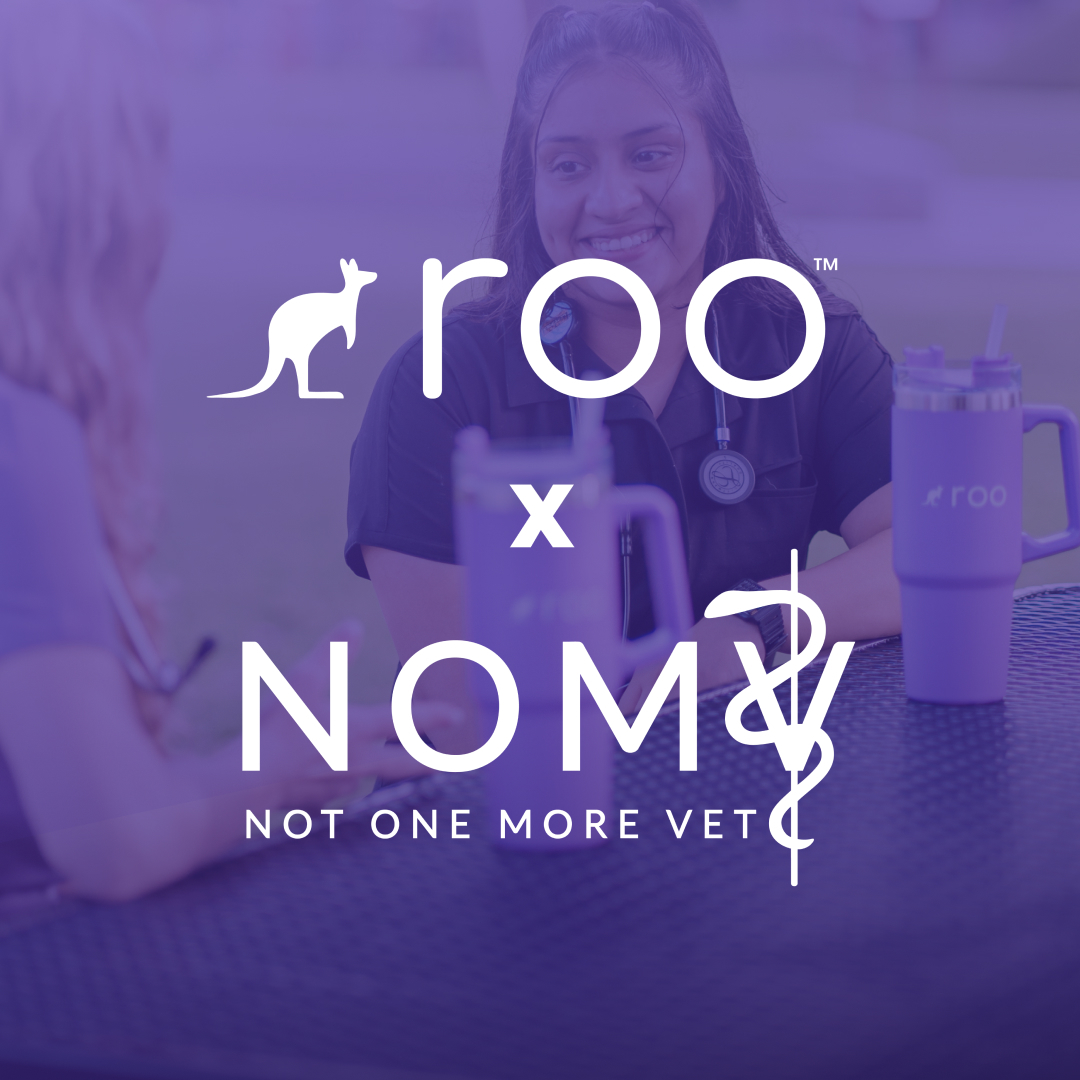You know those magic moments in the clinic when the day runs smoothly, pets are happy, you make each client smile, and even that feisty parrot doesn't bite anyone? That's not luck. That's teamwork. Sustainable staffing is the secret to keeping your crew thriving, especially when you invest in training for veterinary allied staff. Let's chat about how you can turn training into lasting staff retention and boost your whole practice's vibe.
Why sustainable staffing is the real MVP in veterinary clinics
Let's be honest, veterinary medicine has its challenges, but a rock-solid team makes everything a whole lot easier. Did you know nearly one out of four clinic staff in the U.S. leave their jobs each year? That stat comes straight from the American Animal Hospital Association, and if you've spent time scheduling shifts, you know exactly how disruptive that can be. And don't get us started on burnout. Supporting your veterinary allied staff with quality training is one of the best ways to keep folks sticking around and loving what they do.
Who counts as veterinary allied staff?
These team members do everything except be the veterinarian. They're the backbone of your clinic!
- Vet Technicians: They assist in surgeries, monitor anesthesia, run labs, provide hands-on animal care, manage records, and educate clients.
- Vet Assistants: They pitch in during exams, help calm patients, wrangle supplies, keep things clean, and support daily clinic ops.
- Receptionists: The multitasking wizards who handle scheduling, billing, charting, and keep your front desk looking sharp.
- Specialty staff: Nutritionists, rehab specialists, even those goods-for-the-soul therapy animal teams.
Every role is unique. The happier and more supported these folks are, the happier the pets (and Vets) will be.
What holds back veterinary staff?
If you're feeling stuck on hiring or keeping good people, these speed bumps might sound familiar:
- Pay that doesn't always match what's expected
- Non-stop workloads and stress (hello, burnout!)
- Low recognition for the tough stuff they go through
- Not enough access to relevant continuing education or growth opportunities
According to research out of Cornell, burnout costs our industry billions a year because it leads to turnover and impacts everyone, including the animals we serve. A positive clinic culture built around meaningful training can flip the script.
Building a training program that actually works
Here's how hospitals and clinics win with training and make their teams want to stay:
Clear roles and onboarding (the real confidence boost)
Start with solid job descriptions. Spell out the hands-on duties, the emotional smarts needed for the role, and your clinic's values. Onboarding shouldn't be a one-hour tour; introduce new hires to team culture, patient care standards, and how you want clients to be treated.
Set every expectation up front. When folks know what's expected, they feel ready for almost anything.
Keep learning hands-on and interactive
No one wants another boring PowerPoint. Try mixing demonstrations, role-plays, quizzes, or scenario-based learning such as talking through handling an anxious dog, a hectic day, or an upset client. The more practical your training, the more confident your team will be.
Cross-training (teaching each other new skills) not only boosts versatility; it builds empathy across the team, so everyone understands what their teammates deal with daily.
Mentorship and peer support: everyone needs a buddy
Nothing helps a new hire more than support from a seasoned pro. Set up mentorships with regular check-ins and goals. It can be as casual as weekly lunch chats or as formal as scheduled progress reviews. Just make sure everyone's supported.
Growth and professional development (and why Roo rocks at this)
Offering paid time off for CE events, help with tuition, or support for attending conferences and getting certified in new specialties says, "We want to see you grow." In some states, Vet Techs need to complete a certain number of CE hours to keep their license, so make it easy with accessible options like Roo's Free CE Events.
Encourage certifications in specialized areas. It's a win-win: your clinic benefits from new skills, and your folks feel more empowered.
Feedback and recognition: real talk matters
Regular feedback builds trust. Keep it positive, constructive, and consistent. Don't wait until yearly reviews. Recognize great work in meetings or with handwritten notes. Celebrate wins, like a tough case handled well or a milestone shift.
Perks help, too. Roo's healthcare stipend even covers employees' pets! When folks feel appreciated, they're more likely to stay and bring their energy every day.
Creating lasting retention: more than just a paycheck
Let's talk about how you keep your staff for the long haul:
- Offer competitive pay and solid benefits because people notice when a clinic cares.
- Foster respect and positivity. Create a culture where everyone feels safe to share ideas and grow.
- Encourage career growth and open paths to promotion or role changes so no one feels stuck.
- Promote flexibility and balance. Listen to staff needs, so work schedules fit real life.
- Recognize and thank your crew (a little appreciation goes a long way).
Learn more tricks for keeping your team from bouncing at Roo's staff retention tips.
Veterinary allied career paths and pay in the U.S.
Ready for a quick rundown? Here's what you can expect, straight from current U.S. data:
Many folks start as assistants or receptionists, then move into tech, management, or even business development (especially with Roo's training). If you're curious about other career paths, take a peek at Roo Careers.
Professional development and growth with Roo
Your career isn't just about animal care; it's also about building skills, exploring new roles, and finding balance. Here's what Roo offers:
- Flexible shifts for diverse experience
- Free CE Events for nonstop learning
- Networking opportunities with Vets, Techs, and other allied staff
- Coaching for certifications and career changes
- Real career transitions from clinic work to business development, account management, or leadership roles
If you're ready for something fresh, check out Roo Careers.
Tips for building a sustainable, happy team
Let's get practical! Here's your checklist:
- Write and share clear role descriptions
- Build interactive, scenario-based training (beyond the basics)
- Create mentorship opportunities
- Make continuing education accessible by trying Roo's Free CE Events
- Recognize hard work, celebrate success (big and small)
- Flex your schedule and prioritize wellness perks
- Foster open communication; encourage feedback and ideas
- Support growth with promotion pathways
- Keep pay fair and advancement transparent
Extra tips for a positive clinic culture
Training is awesome, but culture is the glue that keeps your crew together. Try adding:
- Monthly team-building events or just-for-fun contests (think "Best Kangaroo Impression")
- Celebrate birthdays and anniversaries
- Promote regular wellness check-ins to beat stress before it starts
- Encourage lunch breaks and realistic workloads (busy isn't always better)
- Create space for humor (animal jokes always welcome)
Roo's top resources for veterinary professionals
- Check Roo's Free CE Events for training and networking
- See hospital support guides at Roo Hospital Resources
- Explore new career options with Roo Careers
- Join Roo's community fun on LinkedIn
FAQs about training and staffing veterinary allied staff
1. What roles do veterinary allied staff play?
Answer : Veterinary allied staff handle animal care, client communication, appointments, billing, and everything that keeps clinics running smoothly.
2. How can training help with staff retention?
Answer : Training boosts confidence, builds skills, and makes staff feel valued. When people know they have room to grow, they want to stick around.
3. What are best practices for training veterinary staff?
Answer : The best practices for training veterinary staff are
- Hands-on, scenario-based learning
- Cross-training by team members
- Clear onboarding and role expectations
- Mentorship and regular feedback
4. What's the top way to prevent staff from leaving?
Answer : Create a positive culture, offer fair pay, support growth, and make work-life balance part of your clinic's DNA.
5. What qualifications do you need to become a Vet Tech?
Answer : You'll need an associate degree from an AVMA-accredited program and a passing score on the VTNE. Check your state's specifics for the latest requirements.

.png)




.png)





